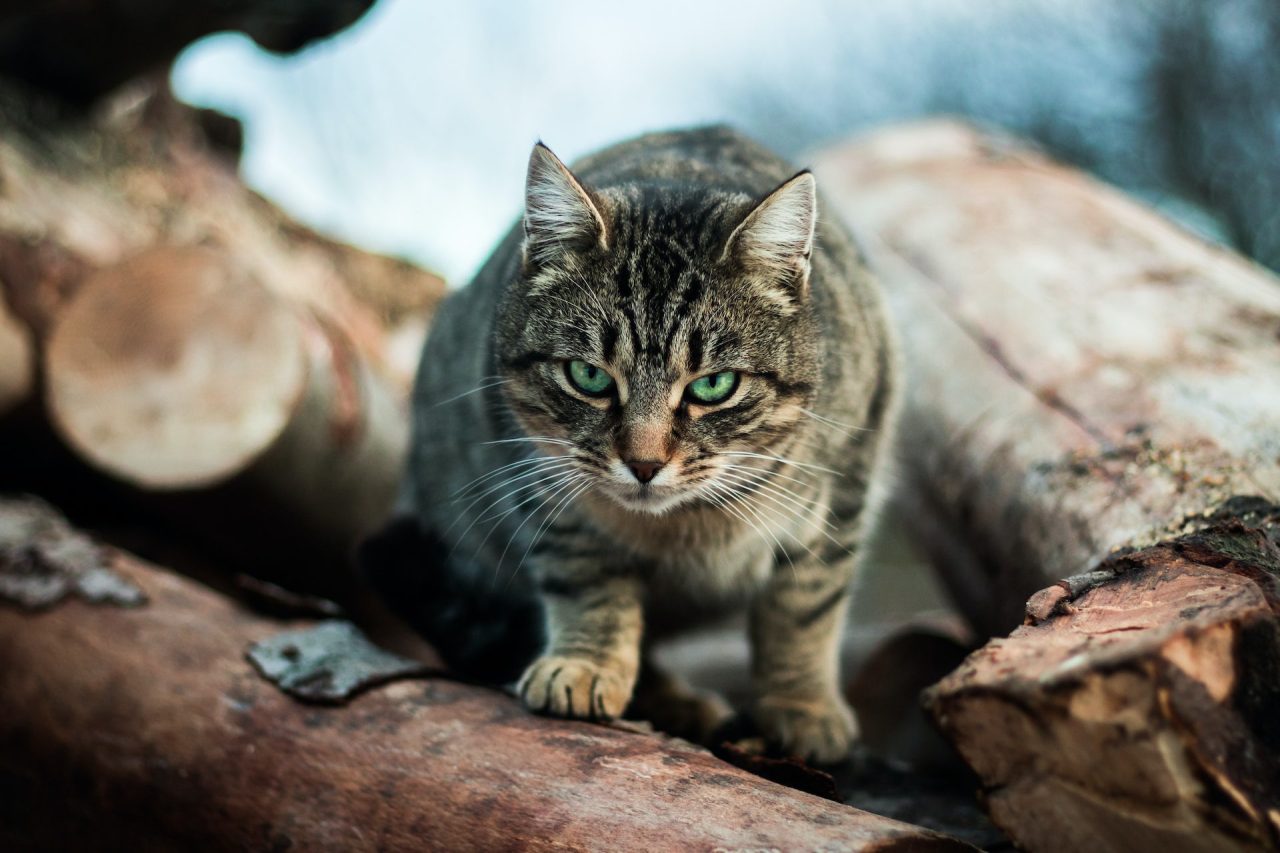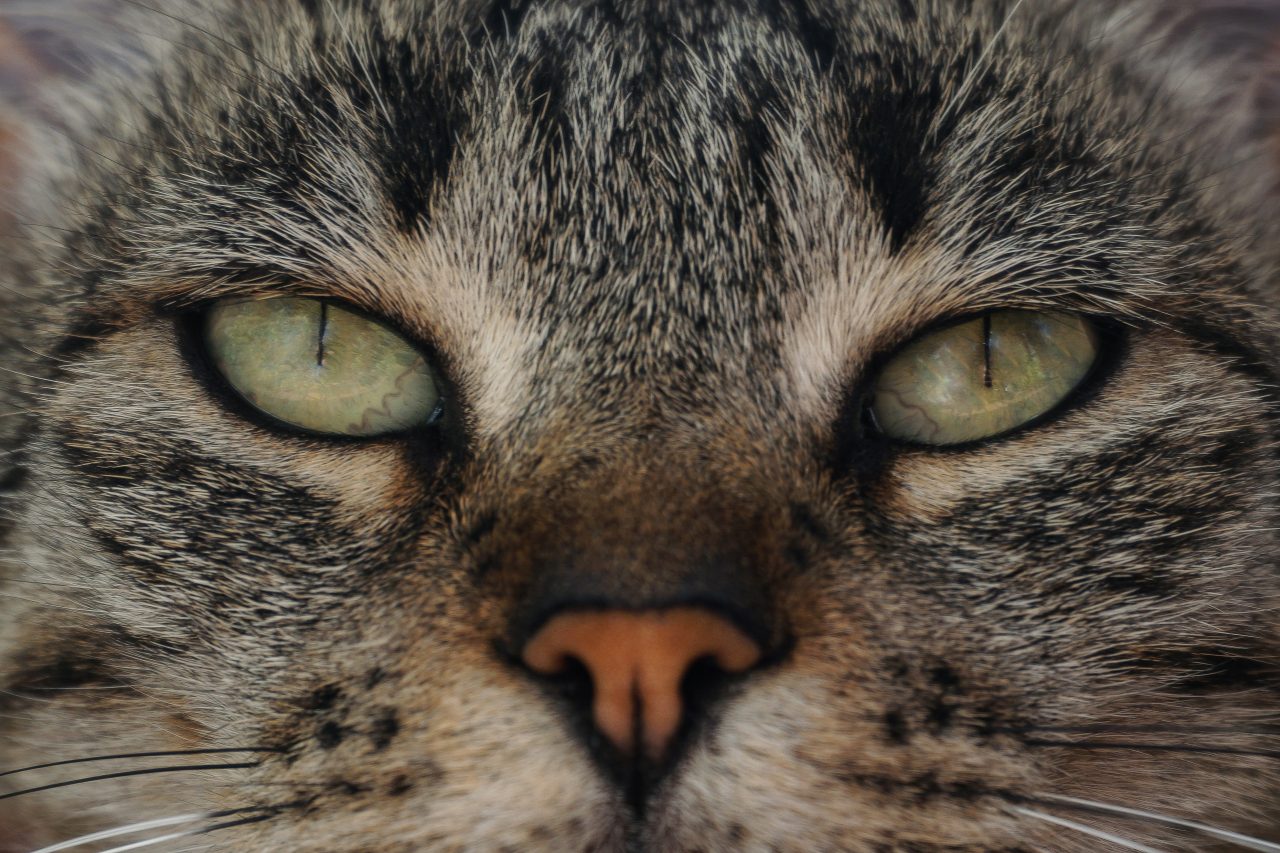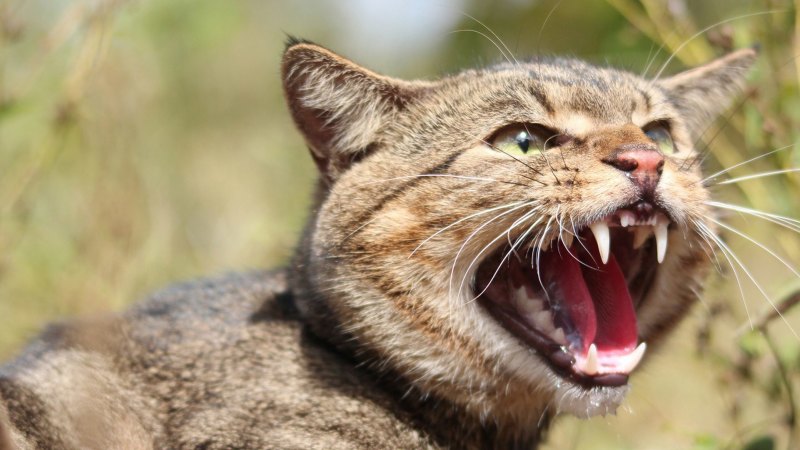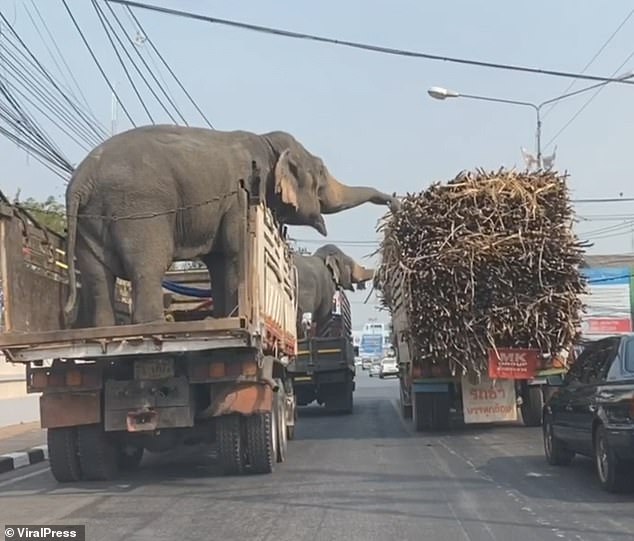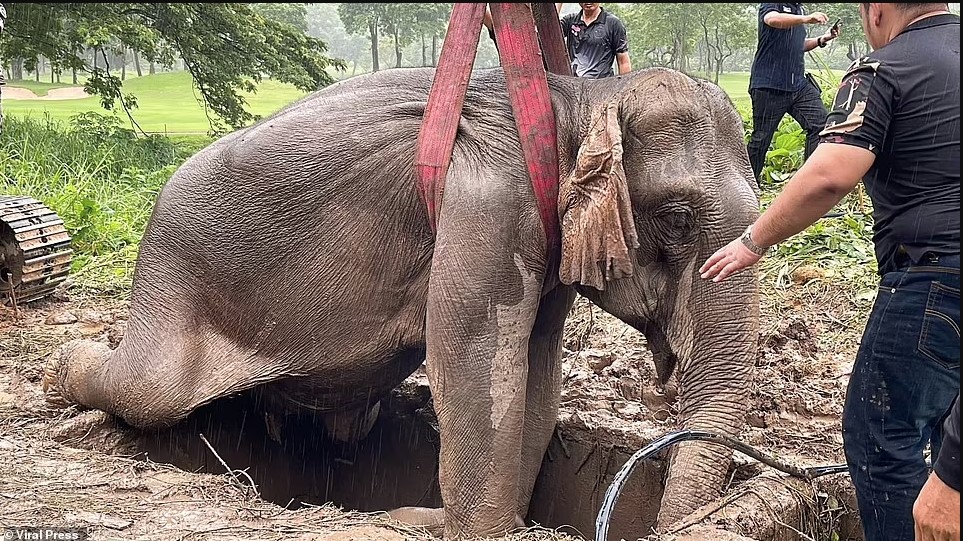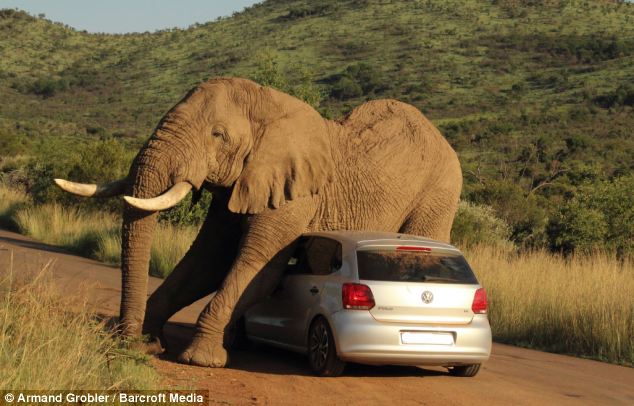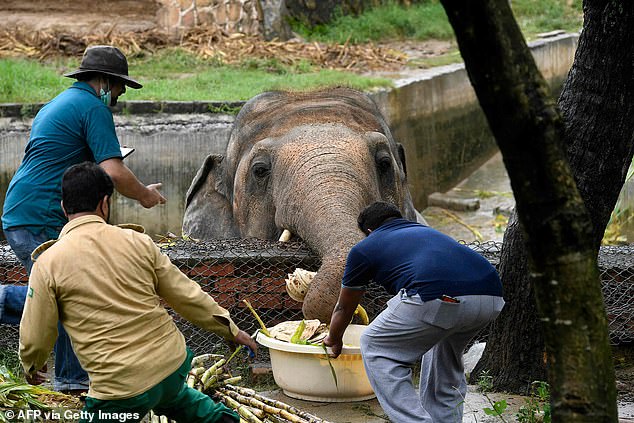To stop cats killing billions of birds and small mammals every year, we must enlist the help of people who love them, which means getting inside the minds of cat owners
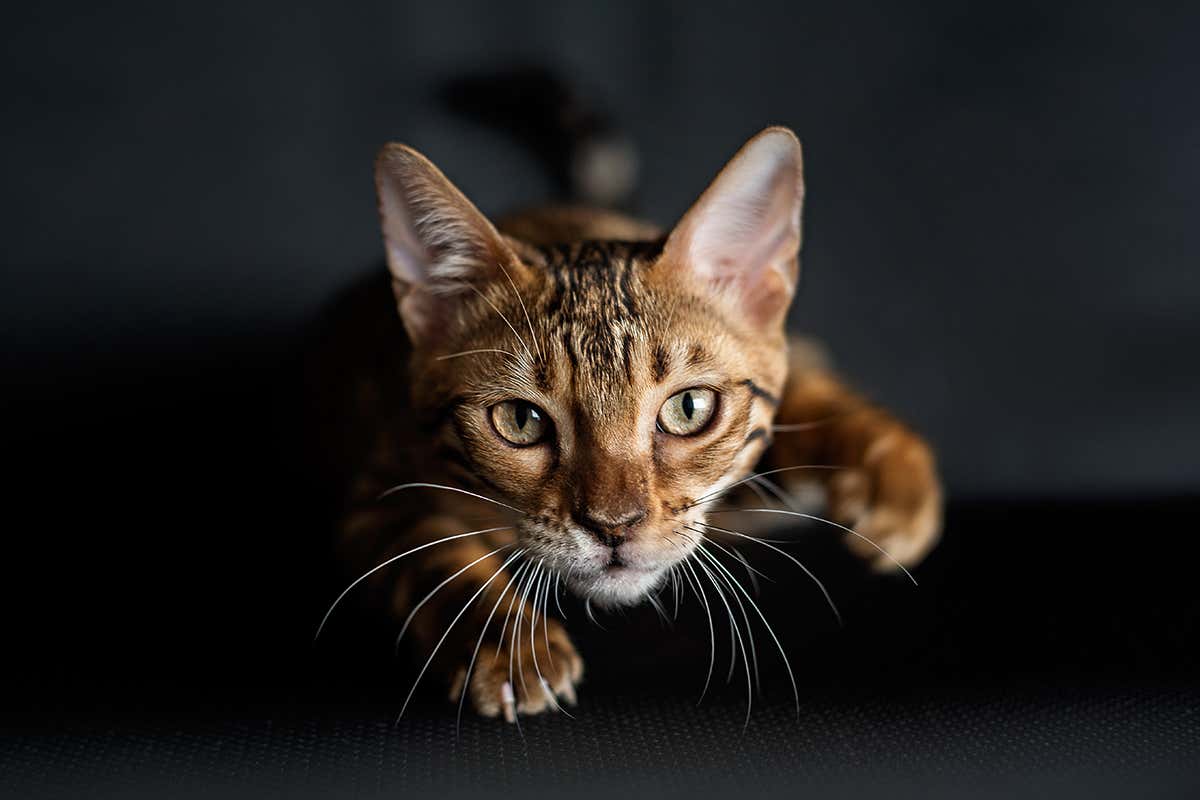
ARIE TROUWBORST wasn’t expecting death threats when he published his paper on cats last November. An environmental law specialist at Tilburg University in the Netherlands, Trouwborst and Han Somsen, also at Tilburg University, had argued that cat owners across the European Union could be prosecuted under existing law for allowing their pets to hunt. “I routinely address controversial topics like wolf management and trophy hunting, but they all pale when compared to the vicious reactions this received,” he says.
It is the latest episode in the ongoing “cat wars”. From New Zealand and Australia to the US and Europe, cat owners and conservationists are pitted against each other as a growing body of research finds cats guilty of killing wildlife and squeezing out native rivals. One headline-grabbing report, for example, estimated that free-ranging domestic cats kill at least 1.3 billion birds and 6.3 billion small mammals each year in the US alone. Another study found that pet cats in the Netherlands kill almost twice as many animals as their feral counterparts.
Emotions are running high, and the angrier conservationists become, the more cat owners dig in. But there could be a better way. “I get quite sick of the conflict focus of some conservation biologists,” says Wayne Linklater at California State University, Sacramento. “The solutions lie with the people who care most about cats, not with the people who don’t care about them.” To that end, he and a few other social scientists are studying cat owners themselves to find out what would motivate them to change their – and their cats’ – behaviour.
Nobody doubts that cats kill wildlife: it …
